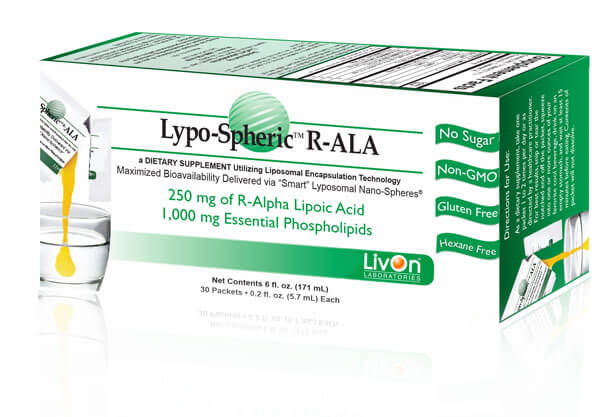Two recent studies that mention pulmonary hypertension:
J Cyst Fibros. 2014 Sep 13.
Conrad C1, Lymp J2, Thompson V2, Dunn C1, Davies Z1, Chatfield B3, Nichols D4, Clancy J5, Vender R6, Egan ME7, Quittell L8, Michelson P9, Antony V10, Spahr J11, Rubenstein RC12, Moss RB1, Herzenberg LA13, Goss CH2, Tirouvanziam R14.
PURPOSE:
To evaluate the effects of oral N-acetylcysteine (NAC), which replenishes systemic glutathione, on decreasing inflammation and improving lung function in CF airways.
METHODS:
A multicenter, randomized, double-blind proof of concept study in which 70 CF subjects received NAC or placebo orally thrice daily for 24weeks. Endpoints: primary, change in sputum human neutrophil elastase (HNE) activity; secondary, FEV1 and other clinical lung function measures; and safety, the safety and tolerability of NAC and the potential of NAC to promote pulmonary hypertension in subjects with CF.
RESULTS:
Lung function (FEV1 and FEF25-75%) remained stable or increased slightly in the NAC group but decreased in the placebo group (p=0.02 and 0.02). Log10 HNE activity remained equal between cohorts (difference 0.21, 95% CI -0.07 to 0.48, p=0.14).
CONCLUSIONS:
NAC recipients maintained their lung function while placebo recipients declined (24week FEV1 treatment effect=150mL, p<0.02). However no effect on HNE activity and other selected biomarkers of neutrophilic inflammation were detected. Further studies on mechanism and clinical outcomes are warranted.
PMID: 25228446
Respir Res. 2014 Jun 14;15:65.
Chaumais MC, Ranchoux B, Montani D, Dorfmüller P, Tu L, Lecerf F, Raymond N, Guignabert C, Price L, Simonneau G, Cohen-Kaminsky S, Humbert M, Perros F1.
BACKGROUND:
The outcome of patients suffering from pulmonary arterial hypertension (PAH) are predominantly determined by the response of the right ventricle to the increase afterload secondary to high vascular pulmonary resistance. However, little is known about the effects of the current available or experimental PAH treatments on the heart. Recently, inflammation has been implicated in the pathophysiology of PAH. N-acetylcysteine (NAC), a well-known safe anti-oxidant drug, has immuno-modulatory and cardioprotective properties. We therefore hypothesized that NAC could reduce the severity of pulmonary hypertension (PH) in rats exposed to monocrotaline (MCT), lowering inflammation and preserving pulmonary vascular system and right heart function.
METHODS:
Saline-treated control, MCT-exposed, MCT-exposed and NAC treated rats (day 14-28) were evaluated at day 28 following MCT for hemodynamic parameters (right ventricular systolic pressure, mean pulmonary arterial pressure and cardiac output), right ventricular hypertrophy, pulmonary vascular morphometry, lung inflammatory cells immunohistochemistry (monocyte/macrophages and dendritic cells), IL-6 expression, cardiomyocyte hypertrophy and cardiac fibrosis.
RESULTS:
The treatment with NAC significantly decreased pulmonary vascular remodeling, lung inflammation, and improved total pulmonary resistance (from 0.71 ± 0.05 for MCT group to 0.50 ± 0.06 for MCT + NAC group, p < 0.05). Right ventricular function was also improved with NAC treatment associated with a significant decrease in cardiomyocyte hypertrophy (625 ± 69 vs. 439 ± 21 μm2 for MCT and MCT + NAC group respectively, p < 0.001) and heart fibrosis (14.1 ± 0.8 vs. 8.8 ± 0.1% for MCT and MCT + NAC group respectively, p < 0.001).
CONCLUSIONS:
Through its immuno-modulatory and cardioprotective properties, NAC has beneficial effect on pulmonary vascular and right heart function in experimental PH.
PMID: 24929652
Edited by ta5, 09 October 2014 - 12:08 PM.
























































